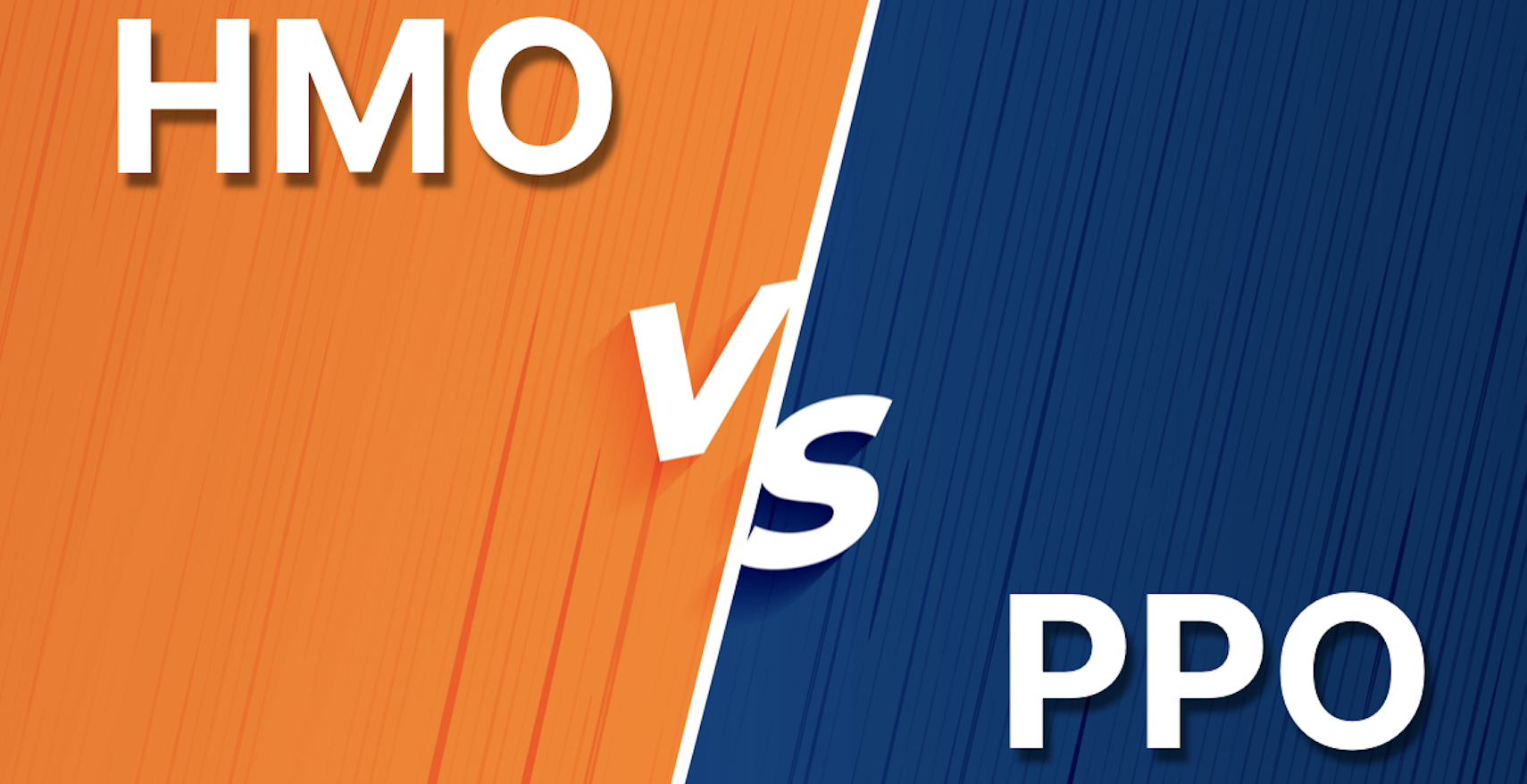HMO vs PPO – Which Plan Will Cover You, and Allow You to Travel & Enjoy RVing?
The Affordable Care Act (ACA) introduced Health Maintenance Organization (HMO) plans as the primary option in 2016 and began eliminating PPO health plans from the available options. HMO plans are a type of managed care health insurance plan that has gained popularity because of their affordability and comprehensive coverage. Private health insurance offered through a Preferred Provider Organization (PPO) is also a common choice for many individuals and families. It comes down to HMO vs PPO, here’s a comparison of the two:
Underwritten vs. Non-Underwritten Health Insurance
One of the significant differences between HMO and PPO plans is whether the insurance is underwritten or not. HMO plans through the ACA are not underwritten, meaning that you do not need to fill out a health questionnaire to get coverage. In contrast, PPO plans offered through private health insurance companies may be underwritten, which means that you may need to answer some health questions before getting approved for coverage. Underwritten plans may also have more exclusions or limitations based on pre-existing conditions usually for the first 12 months.
Network Restrictions – HMO vs PPO
Another difference between HMO and PPO plans is their network restrictions. HMO plans usually have a smaller restricted network of doctors and hospitals that you can visit without incurring additional costs. PPO plans, on the other hand, have a larger network of providers, and you can see any doctor or hospital you choose. However, if you choose to see an out-of-network provider, you may pay higher fees. HMO plans may also require you to choose a primary care physician (PCP) who will coordinate your care and refer you to specialists as needed.
Cost Comparisons
When talking about HMO vs PPO In terms of cost, when you are provided a tax credit provided by the Federal government based on your income bracket within the “federal poverty level guidelines”, ACA HMO plans are typically more affordable than PPO plans. HMO plans have lower monthly premiums, and you will likely have lower out-of-pocket costs when you visit doctors and hospitals within your network. PPO plans may have higher monthly premiums than your subsidized ACA but offer more flexibility in terms of choosing your providers, which could be important for RVers leaving their home area. Additionally, PPO plans often have higher deductibles, copays, and coinsurance.

Ability to Travel
One advantage of PPO plans is that they typically provide more coverage for out-of-network care, which can be beneficial if you frequently travel or live in multiple locations. If you have an HMO plan, you may have difficulty finding a national or regional network if you need coverage while traveling.
Seven bullet points to consider when comparing HMO vs PPO:
- HMO plans are typically more affordable than PPO plans, but may have more network restrictions and require you to choose a primary care physician.
- PPO plans may have higher monthly premiums but offer more flexibility in terms of choosing your providers and may provide more coverage for out-of-network care.
- HMO plans are usually not underwritten, while PPO plans may be underwritten and have some exclusions or limitations based on pre-existing conditions.
- Both HMO and PPO plans offer comprehensive coverage for a range of health care services, including doctor visits, hospital stays, emergency care, and prescription drugs.
- HMO plans may offer more comprehensive preventive care services at a lower cost however legislation is pending that could add cost to preventive service under an HMO.
- PPO plans may be a better option for those who frequently travel or live in multiple locations.
- When choosing between HMO and PPO plans, it’s essential to consider your healthcare needs, budget, and preferred providers.
Conclusion – HMO vs PPO
Ultimately, there is no wrong answer when it comes to comparing HMO vs PPO. As RVers, we must always take into consideration the possibility of needed medical care on the road. Whichever plan provides you the best coverage in those situations is certainly one to consider.
Where Here To Help
If you are thinking this is all very confusing…you are right. That’s why there are experts like the RVer Insurance Exchange. Not only are our agents expert Insurance people, they are RVers too! They understand the particular needs of the RVer, and are here to help. You can contact our team here, or just give us a call at (800) 867-4330.


